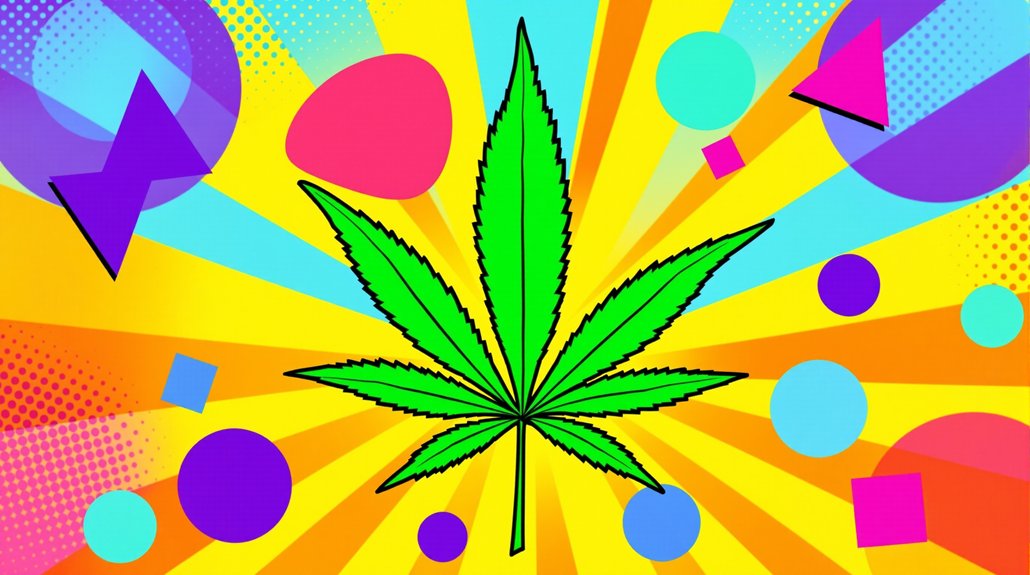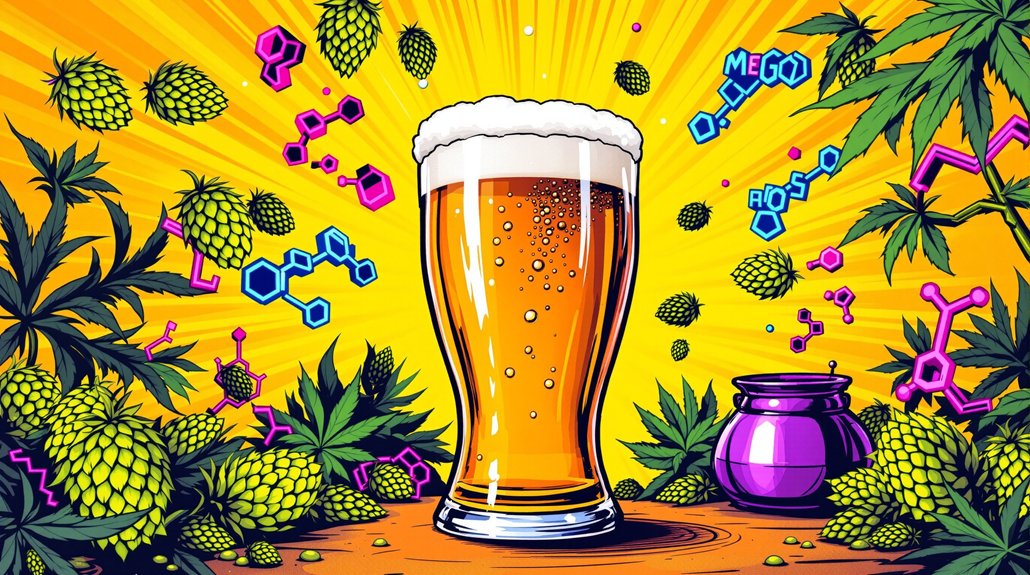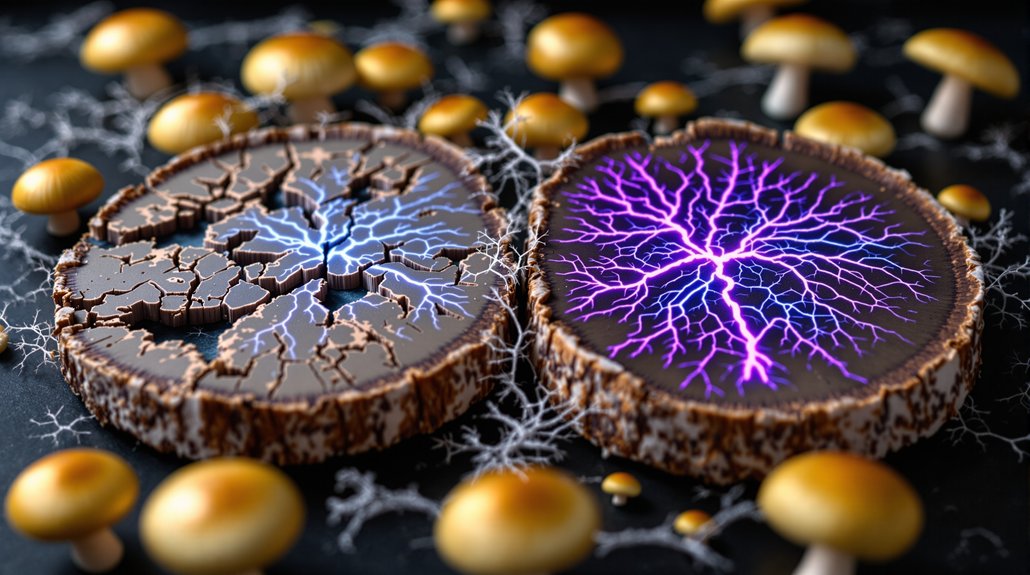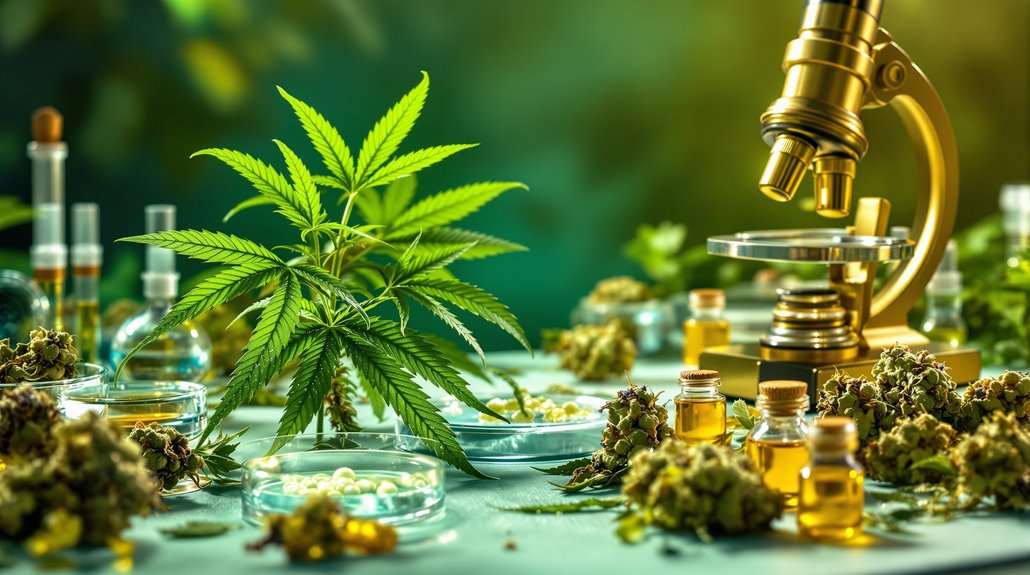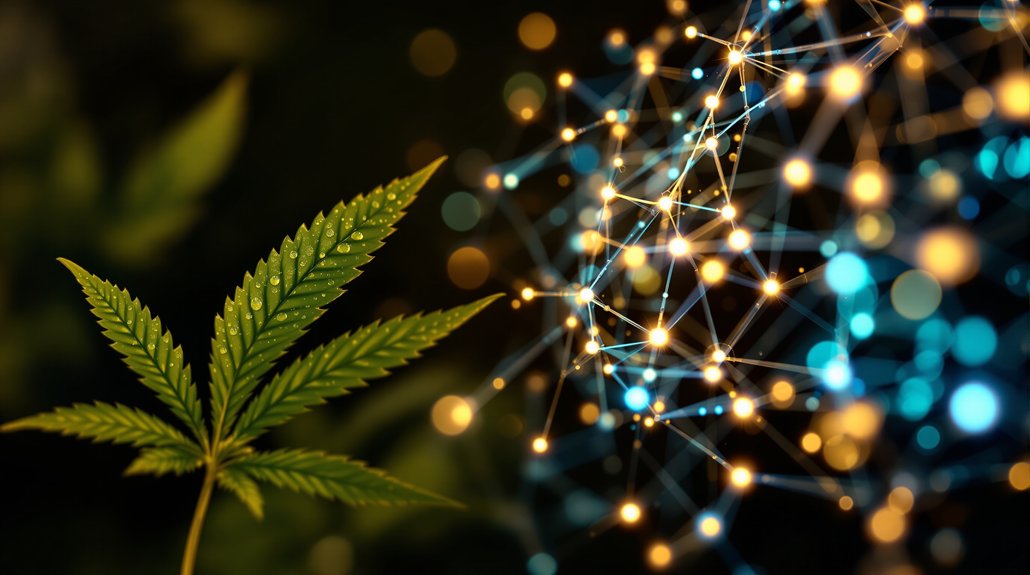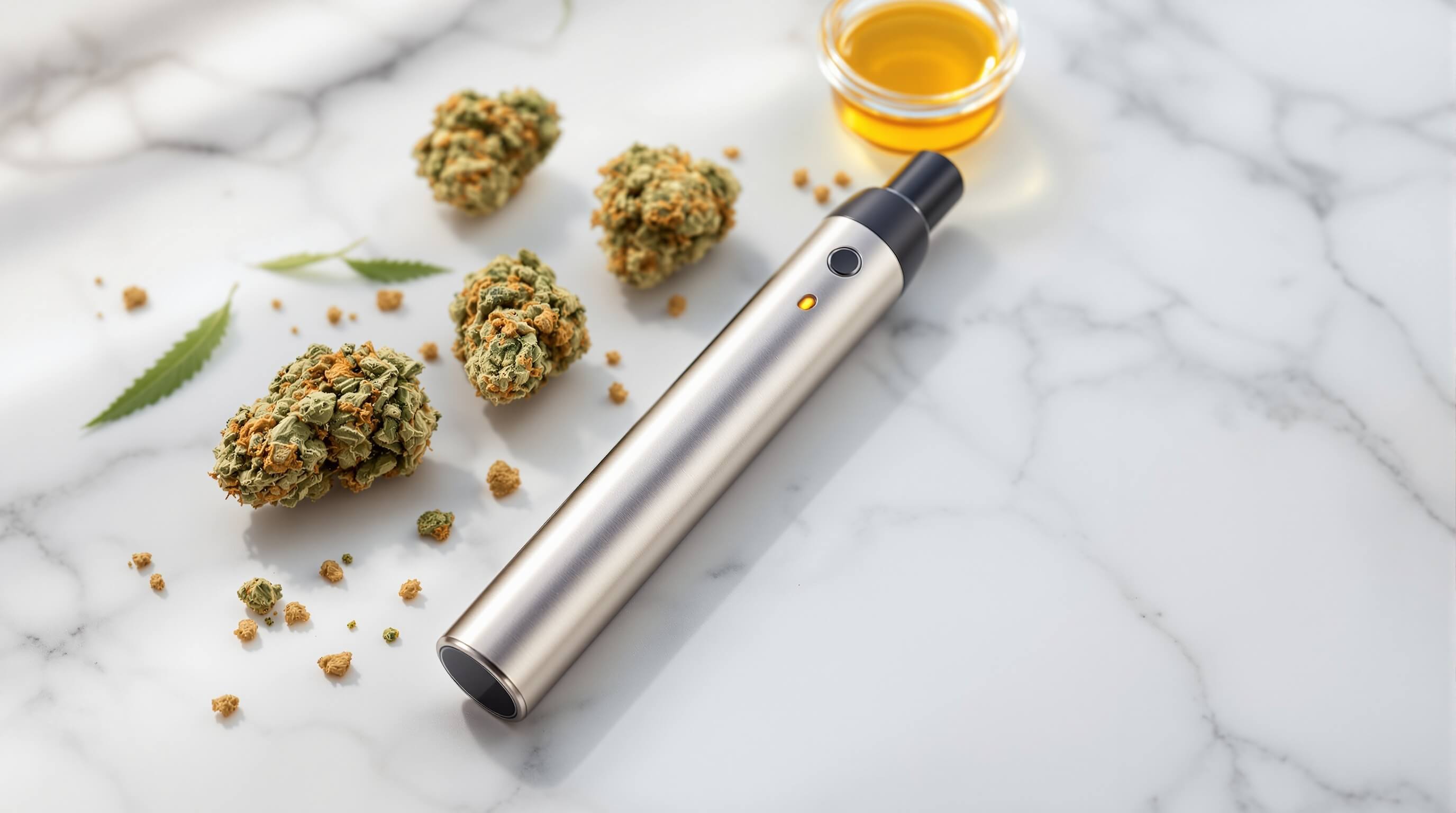How effective is marijuana at treating post-traumatic stress disorder, and should veterans and other PTSD sufferers consider it a viable therapeutic option? New government-backed research suggests the answer might be surprisingly encouraging, with some veterans reporting symptom relief on the same day they use cannabis.
Government-backed research reveals surprisingly encouraging results for cannabis as PTSD treatment, with veterans experiencing same-day symptom relief.
The FDA has launched large-scale trials, including the notable MJP2 study, specifically targeting veterans with PTSD. These rigorous investigations represent a considerable shift from previous observational studies that dominated cannabis research. Early findings indicate that 65% of patients experience at least a 20% reduction in PTSD symptom severity, while nearly 80% report some degree of improvement overall.
Military veterans have become a primary focus for researchers, partly because this population shows exceptionally high PTSD rates and frequent treatment resistance to conventional therapies. Veterans are increasingly turning to cannabis both through self-medication and under medical supervision. The appeal is understandable, as many have already cycled through standard treatments without success.
The symptom improvements appear particularly pronounced in specific areas. Sleep quality and duration show measurable enhancements, though nightmare reduction doesn’t always reach statistical significance. Veterans report decreased anxiety, insomnia, and hyperarousal symptoms. CBN, a component of cannabis known as the sleepy cannabinoid, may contribute to these sleep improvements through its interaction with the endocannabinoid system.
Perhaps most intriguingly, observational data suggests relief can begin the same day as use, though controlled studies must confirm this rapid-onset claim.
Cannabis users consistently report better quality of life compared to non-users, including increased relaxation and improved coping abilities. These benefits come with caveats, however. Common side effects include dry mouth, headaches, agitation, and euphoria. More concerning, small subsets actually experience worsening PTSD symptoms or adverse psychological reactions.
The addiction potential cannot be ignored. PTSD populations show considerably higher rates of cannabis use disorder compared to the general public, particularly those with early-onset or heavy usage patterns. Responsible, medically supervised approaches appear to minimize these risks considerably.
Current research faces a fundamental chicken-and-egg problem: scientists cannot definitively determine whether cannabis reduces symptoms or whether people with severe symptoms simply gravitate toward cannabis use. This directionality question clouds interpretation of existing data. Despite widespread legalization, no large-scale randomized controlled studies on cannabis efficacy for PTSD symptomatology currently exist in the published literature.
The relationship between cannabis and evidence-based PTSD treatments remains complex. Chronic problematic use may actually interfere with standard therapies like trauma-focused psychotherapy or SSRI medications. However, careful integration with conventional care and strategic patient selection could optimize benefits while minimizing potential harm.
Long-term efficacy compared to first-line treatments remains unproven, but ongoing FDA trials should provide clearer answers. The research approach emphasizes self-titration dosing, allowing participants to adjust their cannabis use to THC levels comparable to those found in legal markets. For treatment-resistant veterans, cannabis represents a potentially valuable addition to the therapeutic toolkit assuming proper medical oversight and realistic expectations about both benefits and risks.
